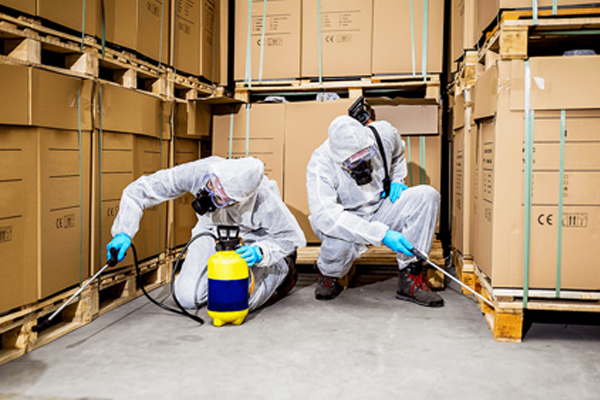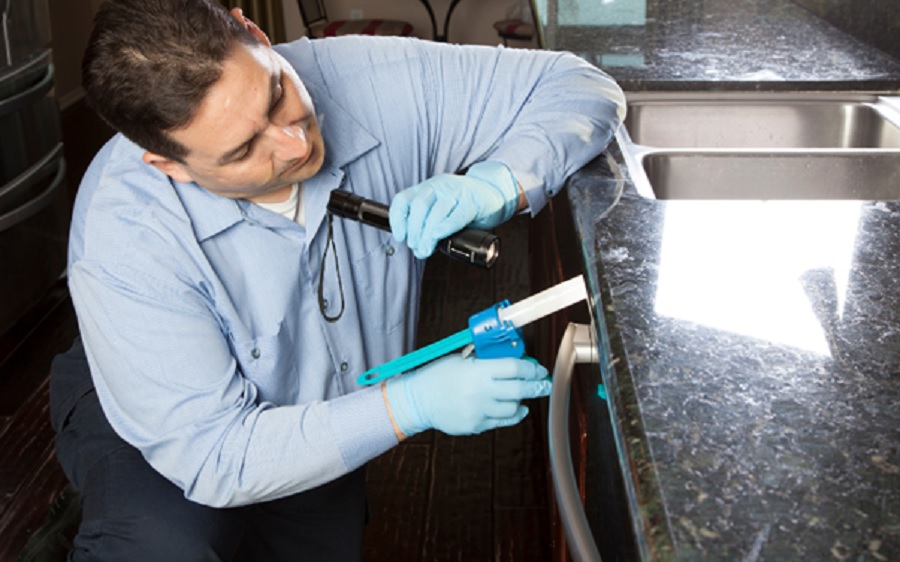Keeping an atmosphere clean and safe is crucial, especially in public areas like restaurants where pest control is a must. But as people’s understanding of animal care and sustainability has grown, so have the moral problems raised by commercial pest control methods. Along with considerations of commercial pest control cost, you need to be aware of ethical issues, ranging from the management of pests to the effects that pesticides have on the environment. Here, we examine the moral problems facing commercial pest control and provide advice on how companies might ethically resolve them.
1. The Balance Between Cost and Ethical Practices
A moral problem companies in the pest management industry have is striking a balance between cost control and ethical decision-making. The expense of commercial pest management can be high, notably if more environmentally and humanely friendly techniques are chosen. Sometimes, companies could be tempted to cut costs by choosing less environmentally friendly, less expensive solutions. Although this could save money right away, utilising cruel traps or dangerous chemicals can hurt the environment over time and damage your company’s reputation. Even in situations where money is tight, businesses still need to think about the ethical ramifications of the pest management decisions they make.
2. The Environmental Impact of Pesticides
Another major ethical issue is the environmental impact of pesticides used in commercial settings. Many traditional pest control methods involve chemicals that can harm the surrounding ecosystem, including wildlife and water sources. These chemicals may seep into the soil and water, affecting non-target species and contributing to pollution. Ethical pest control should prioritise methods that minimise environmental damage, such as using organic pesticides, integrated pest management (IPM) practices, or biological control techniques. Businesses, especially those in the food industry as restaurants, should consider the broader consequences of their pest control methods on the environment.
3. Humane Treatment of Pests

The humane treatment of pests is another ethical dilemma that businesses need to navigate. While pests in a commercial space, particularly in restaurants, can pose health risks, there are growing concerns about how these pests are treated. Traditional pest control methods like glue traps or poisons can cause prolonged suffering to animals. More humane pest control options, such as live trapping and relocation, are available and should be considered wherever possible. Ethically conscious businesses, especially those using restaurant pest control, can work with pest control services that offer humane solutions and avoid methods that cause unnecessary pain or suffering to animals.
4. The Role of Transparency and Consumer Awareness
Transparency in pest control practices is a critical ethical concern for many businesses, particularly in industries where public health and safety are priorities, such as restaurants. Consumers today are more conscious of the ethical practices behind the services they use, and they expect businesses to be transparent about how they manage pest control. Restaurants, for instance, must maintain high standards of cleanliness while ensuring that their pest control methods do not harm the environment or breach ethical standards. By openly communicating their commitment to ethical pest control, businesses can foster trust with their customers and promote a positive brand image.
5. The Challenge of Long-Term Sustainability
Lastly, the ethical dilemma of sustainability comes into play when considering long-term pest control solutions. Many traditional pest control practices provide quick fixes but fail to offer sustainable, long-term solutions. Over time, pests may develop resistance to certain chemicals, requiring businesses to use even more harmful substances to control infestations. Ethical pest control strategies should focus on prevention and long-term management rather than temporary fixes. Integrated pest management (IPM), which combines various methods like monitoring, biological control, and sanitation, offers a more sustainable and ethical approach to pest control.
Conclusion
The ethical dilemmas in commercial pest control are complex, but businesses can make informed decisions by balancing cost, environmental responsibility, and humane treatment. Whether it’s reducing the environmental impact of pesticides or ensuring humane treatment of pests, it’s essential to adopt pest control practices that align with modern ethical standards. For more information about ethical pest control solutions, contact Rentokil Singapore today.

